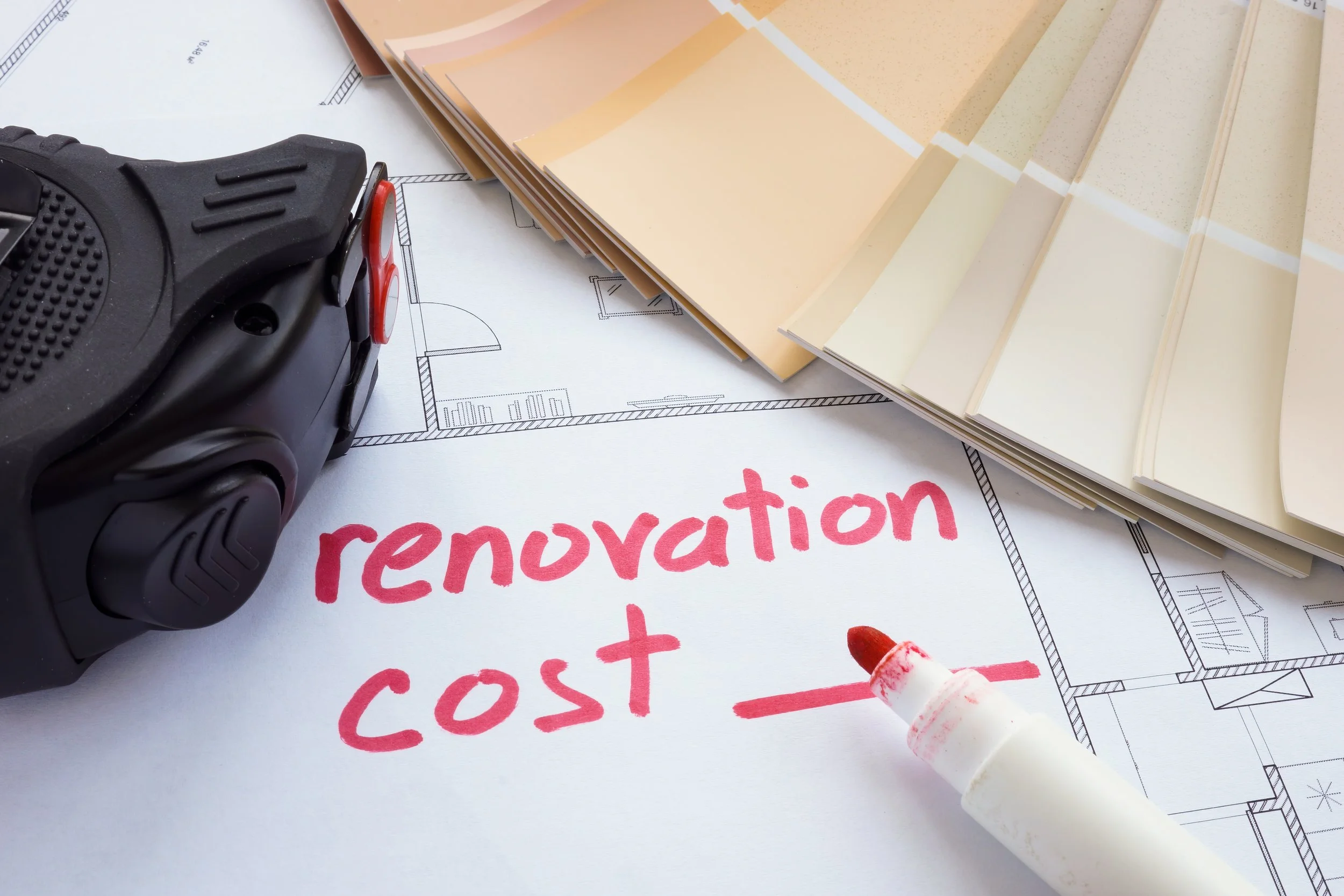Get a Realistic Value of the Property
Many people who die are old. Let’s face it—old people often take good care of their property but don’t always update it. And there is a difference. Additionally, people who are near the end of life often do not have the time or energy to maintain the property. Both situations can impact the value of the property in a sale.
A house can be well-maintained and in good condition but not attractive to the market. This is because houses that are being sold in probate often have not been updated to make them compatible with what buyers currently are seeking. For example, a well-maintained home owned for several decades by a couple who have both passed on might still have small rooms, low and popcorn ceilings, many walls, and outdated fixtures. Despite being well maintained, Unless it is in a highly sought-after neighborhood, an outdated home—no matter how well maintained—won’t command a premium. Today’s like large rooms with open floor plans, walk-in showers, and environmentally efficient fixtures. Just because it is well-maintained does not mean the house is considered first class in the current market.
Probate properties also can often be dilapidated. This is because people who are nearing the end of their lives usually have more important things to focus on than cleaning and updating their homes.
There also is the issue of money. Getting old can be expensive. There are many things that need to be purchased to keep an elderly person comfortable. If funds are spent on these items, there is less money to update the house and keep it clean. There also can be issues surrounding how the decedent modified the house to accommodate his or her needs later in life. For example, there could be ramps instead of stairs leading to the entrance of the house, support bars in the bathroom and showers, or special features suited specifically for the elderly like a walk-in tub. While these accommodations are necessary to provide the elderly homeowner the ability to live in his house as he ages, they might not make the house attractive to the wider home-buying public.
Situations like these present a conundrum for a personal representative or successor trustee. Is it worth it to the estate or trust to spend money on cleaning up and modernizing the property to fetch a higher price? Or is it better to simply sell the property “as is” for a lower price without investing estate funds into it? Is it really worth it to deal with the asbestos encapsulated in those popcorn ceilings? These are questions that a qualified probate real estate broker can help you answer. Several other factors go into such decisions, like the possibility of running into unexpected problems with the house during renovations, that will need to be disclosed to a purchaser and that would otherwise not have been known if the house was simply listed as is.

